Library
-
Pimobendan is a medication given by mouth as a tablet or liquid, used to treat congestive heart failure in dogs. Its use in cats is off label. The most common side effects include decreased appetite and diarrhea.
-
The common rabbit pinworm, Passalurus ambiguus, is an intestinal parasite. It does not posea serious health threat to rabbits, but it can cause uncomfortable itching and skin inflammation or redness around the anus. Rabbits become infected with pinworms by eating feces that contain pinworm eggs. Pinworms are challenging to treat because rabbits are coprophagic, so can potentially reinfect themselves during treatment.
-
Piroxicam (brand name: Feldene) is given by mouth in the form of a capsule to treat pain and some types of cancer in dogs. Do not use this medication in pets that are allergic to it, or in pets concurrently using corticosteroids or other NSAIDs. If a negative reaction occurs, please call your veterinary office.
-
Pituitary macroadenomas are large tumors of the pituitary gland that are either functional (secrete hormones) or non-functional (do not secrete hormones). The clinical signs depend on the type of macroadenoma, though become severe over time in either case. Diagnosis requires specialized CT or MRI imaging. This handout explains the effects of macroadenomas in cats and the treatment options available.
-
Pituitary macroadenomas are large tumors of the pituitary gland that are either functional (secrete hormones) or non-functional (do not secrete hormones). The most common functional pituitary macroadenoma in the dog secretes the hormone ACTH, causing increased cortisol levels and Cushing’s disease. Non-functional macroadenomas cause clinical signs through compression of nearby structures resulting in vision changes, diabetes insipidus, and neurologic disorders. This handout explains the effects of these tumors on dogs, how they are diagnosed, and the treatment options available.
-
Pituitary pars intermedia dysfunction (PPID, previously known as Equine Cushing's Disease) is a complex condition associated with abnormal function of a small, hormone-producing organ, the pituitary gland, that lies at the base of the brain.
-
Clinical signs of pituitary tumors depend on whether the tumor is functional or non-functional. Functional tumors can cause Cushing's disease in dogs and can cause acromegaly and insulin-resistant diabetes in cats. Non-functional pituitary tumors can enlarge to cause neurological signs. Diagnosis is based on the history, bloodwork, urinalysis, and sometimes a CT scan or MRI. Medical therapy is often the treatment of choice for functional tumors. Radiation therapy is another option and is usually the primary treatment for non-functional tumors.
-
Many birds naturally eat plants as part of their diet. Birds will chew on and possibly consume plants in the course of play and curiosity. Some plants will just make a bird sick while others can kill them. This handout catalogues many of the indoor and outdoor plants that are considered safe for birds.
-
Many birds naturally eat plants as part of their diet. Some birds will chew on and possibly consume plants out of curiosity or during play. Many toxic plants will just make a bird sick if they ingest them, but some can kill them. Fortunately, rather than ingesting plants, most birds shred and play with plants with which they come in contact. This handout catalogues many of the indoor and outdoor plants that are considered to be potentially toxic to birds.
-
Bouquets and plants make wonderful gifts and decorations for our homes. However, many plant species can be hazardous to your cat's health. Be aware of the plants and flowers you are bringing into your home to prevent accidental poisonings. This handout outlines several common toxic plants.


